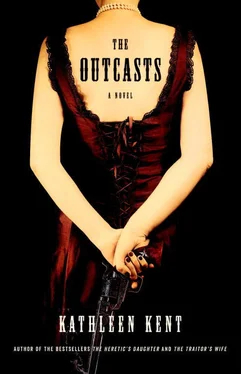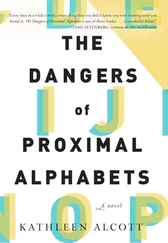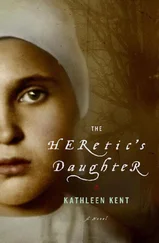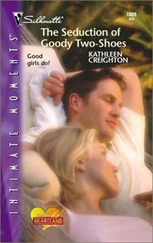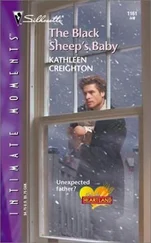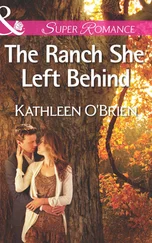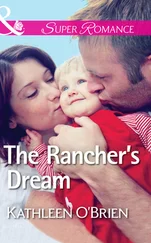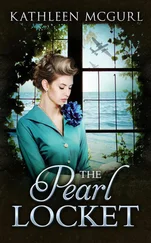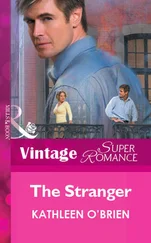“The name’s Hettrick,” he said, draping his hands easily over the saddle horn. His voice, pushed through thin lips, was high-pitched and constricted, like he was being slowly strangled by his own collar. “Been with Quantrill in Missouri these past few months. Harassing the Union.” He looked at Nate’s horse while he spoke, then rubbed his hand over his chin and smiled, showing more gum than teeth. “Our horses are played out. We’re in need of fresh ones.”
A few of the boys had ridden up behind Nate, and he told the man, “These horses aren’t for sale.”
Hettrick grinned wider and said, “I’m not offering to buy them.”
One of the drovers, a redheaded boy named Connie, moved closer to Nate, spat, and said, “Bushwhackers.”
From somewhere in the recesses of the man’s coat, the barrel of a revolver appeared and flashed, and Connie lay behind his horse on the ground. If Nate had blinked, he would have missed it.
Hettrick next pointed the barrel at Nate. “Hate a fresh-mouthed kid. Anybody else have anything to impart?” He looked around, sweeping his gun at the collected boys, and settled his eyes back on Nate. “I’ll start with taking the horse that you’re on. Unless you’ve got something you want to say to me.”
Nate got off his horse; the leader then ordered his men to pick out two horses each, and they rode away before Connie had stopped bleeding.
They buried the boy in a creek bed in soil soft enough to part under a shovel. Nate took two drovers who could shoot, wild-wooded cousins from Tyler who had joined the Confederacy together, and the three of them, riding stumpy-legged horses that could climb and wouldn’t tire easily, followed the raiders north through the Ouachita forests. They trailed the men for days before Nate would risk an attempt to retrieve the horses.
On the third morning, Nate on horseback was scrambling up a steep embankment, the two cousins following after, when the three raiders rose from their hiding place on the ridge above and began firing on them. Nate’s horse was shot in the neck and it reared and plunged back, pinning Nate in the mud of an old streambed below. More shots were fired and Nate witnessed the younger cousin riding to his left fall and then heard a strangled cry from his horse. Nate couldn’t see where the other boy was, but there was no sound apart from the pebbles sliding down the embankment.
The spectral-faced man thudded a stone onto Nate’s horse. “Hey, I believe your back may be broken. Hell of a fix. I’ll shoot ya if you ask me to. No? All right, then.”
The faces of the raiders disappeared from sight, and Nate lay panting and staring at the sky, his legs caught beneath the horse, in a hot agony of pain the center of which seemed to be in his middle, and yet when he put his mind to any one part of his body, the pain seemed to swell like a grinding of glass into the flesh and muscle down to the marrow of his bones.
Another face appeared over him and Nate threw up a defensive hand until he saw it was the older cousin, Owen. The boy had a bullet hole low in the crown of his hat. He was crying, and a thin trickle of blood ran onto his forehead.
“Goddamn,” he said. “Goddamn, but they like to’ve shot me in the head.”
It took a rope tied to the dead gelding’s legs and then wrapped around a tree for leverage for the boy to pull the animal off Nate. He could move all his limbs but he was certain from the pain that he had broken his hip. The younger cousin had not been so lucky and had taken a bullet in the chest. They covered him over with rocks and branches so they could find him again and pressed on, with Nate riding the dead boy’s horse.
After a day’s ride, they discovered the raiders at an encampment on the Forche la Fave River; the rushing waters masked the sounds of their approach. Hours after the three men had settled under their sleeping rolls, Owen whispered to Nate, “Blood for blood.”
He showed Nate his hunting knife and his determined, vengeful face, and then he crept toward the man sleeping closest to them. Nate watched the boy crab-crawling slowly over the ground and held his revolver ready, uncertain he could hit the other two men in the dark at that distance if they woke, uncertain as well if he could again stand after lying on the ground for so many hours, his broken hip tyrannizing his legs to jerks and spasms. The sky was clear; the three-quarter moon shone with unnatural brilliance off the river, and it revealed Owen’s profile in sharp detail.
The boy bent over the closest bedroll and, with little hesitation, made a jab and then a hard sweeping motion with his knife over the man’s neck. The man kicked his legs as though in restless sleep and then lay still, and Owen waved his arm for Nate to come on. The boy then pulled his cap-and-ball pistol from his belt, and when the second raider stirred and sat up, Owen shot him.
Hettrick reared from his blanket like he’d been yanked vertical by a rope. He pulled from his heavy coat two pistols and began firing blindly at Owen, who scrambled across the ground towards cover, the bullets carving out pieces of dirt and rocks surrounding him.
Nate pulled himself up to standing, and, supported by a tree, he took aim. Some sound, the creaking of wood or the cocking of the pistol or Nate’s own agonized breathing, brought Hettrick’s attention away from Owen, and he jerked a shooting arm towards Nate. Nate fired once, and the remaining raider fell as quickly as he had risen.
Nate collapsed to the ground, his hip no longer able to support him, and crawled cautiously to where the leader lay motionless, facedown, his coat spread out around him like shabby wings. Nate turned the body over and saw that his one shot had hit the man squarely in his forehead; he figured he would probably never be able to make a shot like that again, not even at half the distance and in full daylight.
A brief, exultant surge from the most primal part of himself, fueled by fear and pain, made him yelp out a call, a poor rendition of the rebel yell he had heard from men in the battlefield but a tribute all the same to the reflex that had moved his arm to fire at the exact killing spot.
In the morning, the two gathered together the stolen horses, and after giving Owen’s cousin a more fitting burial, they rode for days back to the herd and the drovers waiting for them at the Oklahoma border. They traveled south to Texas through Indian territory unhindered, and were even accompanied some distance by the First Choctaw Regiment of the Confederate army.
On the twenty-seventh of August, the hottest day anyone could remember, the drovers, led by Nate, entered Dallas and herded the two hundred and ninety-eight horses down the main street. And every boy who had made the ride and could boast of surviving stampedes and snakebites and horse-thieving raiders rejoined the war when he was able.
Nate’s broken hip, further fractured by a week more in the saddle, took a year to heal, and after that he was considered unfit to serve. He stayed in Lancaster training Steel Dust horses but heard from returning Texans of the fates of his friends, and every young drover to a man was killed in some battle or another.
McNally fell at Vicksburg after serving with the Nineteenth Cavalry for two years. Owen was downed at Blair’s Landing in Louisiana while firing his old cap-and-ball pistol on a Confederate gunboat run aground on the Red River, the same gun he had used to kill the horse thief.
When Nate finished talking, he was certain Dr. Tom must have nodded off. He had surprised himself speaking for so long, in so much detail, and he’d spent the last half hour staring at his boots, too self-conscious to look the ranger in the face. Dr. Tom had not said a word for over an hour, but when Nate finally looked up, the ranger was gazing at him, his arms crossed, his mouth curled in a smile. Nate realized that prior to this, he had not told the story in its entirety to another soul besides his wife.
Читать дальше
